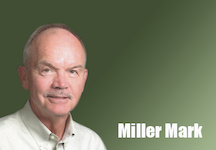The couple at the table next to mine converses, naturally, in French, the official language of Quebec. The people at the table behind me speak happily in, I’m guessing, Hindi-Urdu. (They appear to be from India.) A couple of tables over, a family of four chatters in Mandarin. I’m enjoying a leisurely lunch at an…


